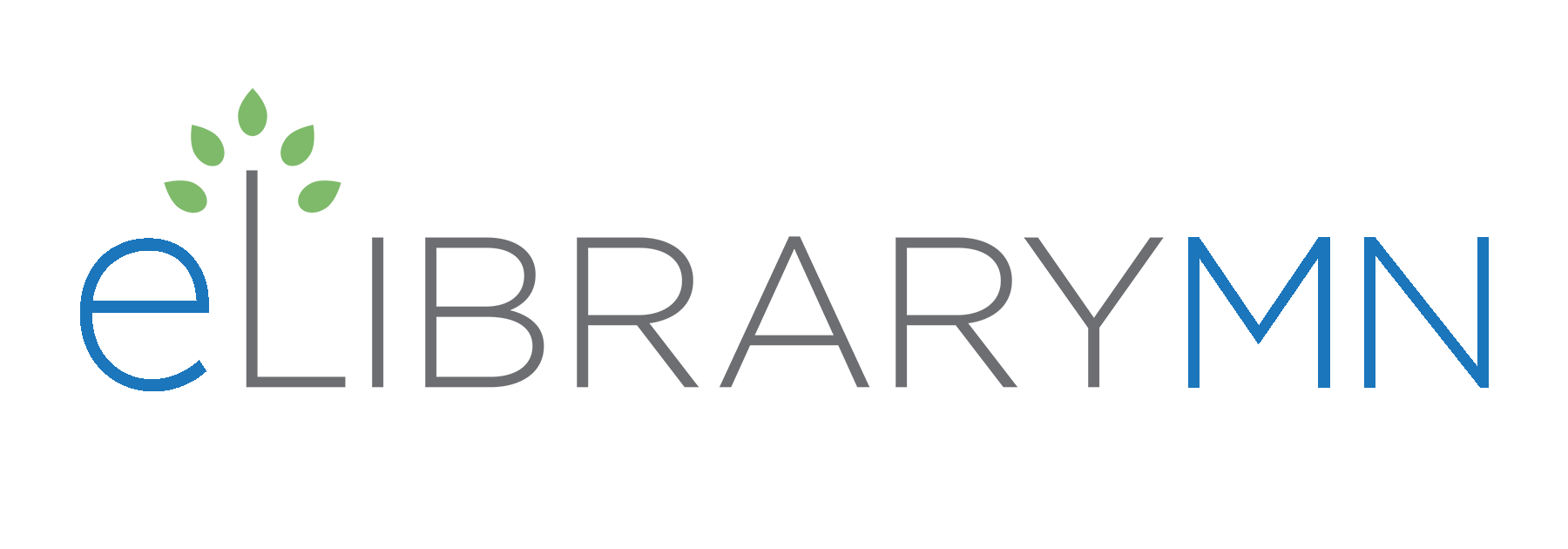Quick Summary
Tired of holiday debt that makes Bob Cratchit look like a baller? Don't worry, this guide will help you navigate the season without ending up penniless.

Imagine starting the year with $1,000 worth of new debt. Not the best situation to be in if you want to hit the ground running. But fear not! Spending season is upon us, but while everyone else is going bankrupt, you can still win the holidays and still have money left over to start the year off right. Let's figure out how to manage a budget, using eLibrary Minnesota.
One of the biggest contributors to holiday spending woes is procrastination. But unlike my credit score, there’s a quick solution to that. It all starts with planning and establishing priorities. In "Your Debt-Proof Holiday Shopping Plan," Tamara Holmes explores ways to help you develop an effective spending strategy that maximizes your budget, regardless of its size. After setting a fixed amount you are willing to spend, organize your recipient list by priority level. This will allow you to distribute your funds accordingly. Let's be honest, your cousin twice-removed you see twice a year isn’t expecting a flat-screen TV from you. As you move down your list, adjust funds as you go, and ensure you stay below your spending limit. Opt for gifts that serve as reminders of special moments or quirky inside jokes. This can make for gifts that are both meaningful and affordable. Track your spending as you go to hold yourself accountable. For more tips on managing your holiday spending, read the full article on eLibrary Minnesota.
If you're reading this while giving the side-eye to your personal mountain of unpaid credit card bills, don't worry. We've got you covered. "A Cure for Your Holiday Debt Hangover," by Taylor Tepper, provides a plan to get you back on track. It’s easy to notice the big bucks you spendon pricey gifts, but don’t forget about all your small, seemingly insignificant transactions. From throwaways, to gag gifts, to $9 holiday drinks at the coffee shop, these expenses can really add up. Planning ahead to limit spending in January is a great idea. Eat out less and cook more meals at home, use public transportation, or consider cutting back on subscriptions. Whatever can do to spend less money and shift it towards your debt, you should do!
It might not be an easy process, but we're in this together. What are you waiting for? Stop staring at Debt Mountain and read the full article so you can start the new year debt-free.




